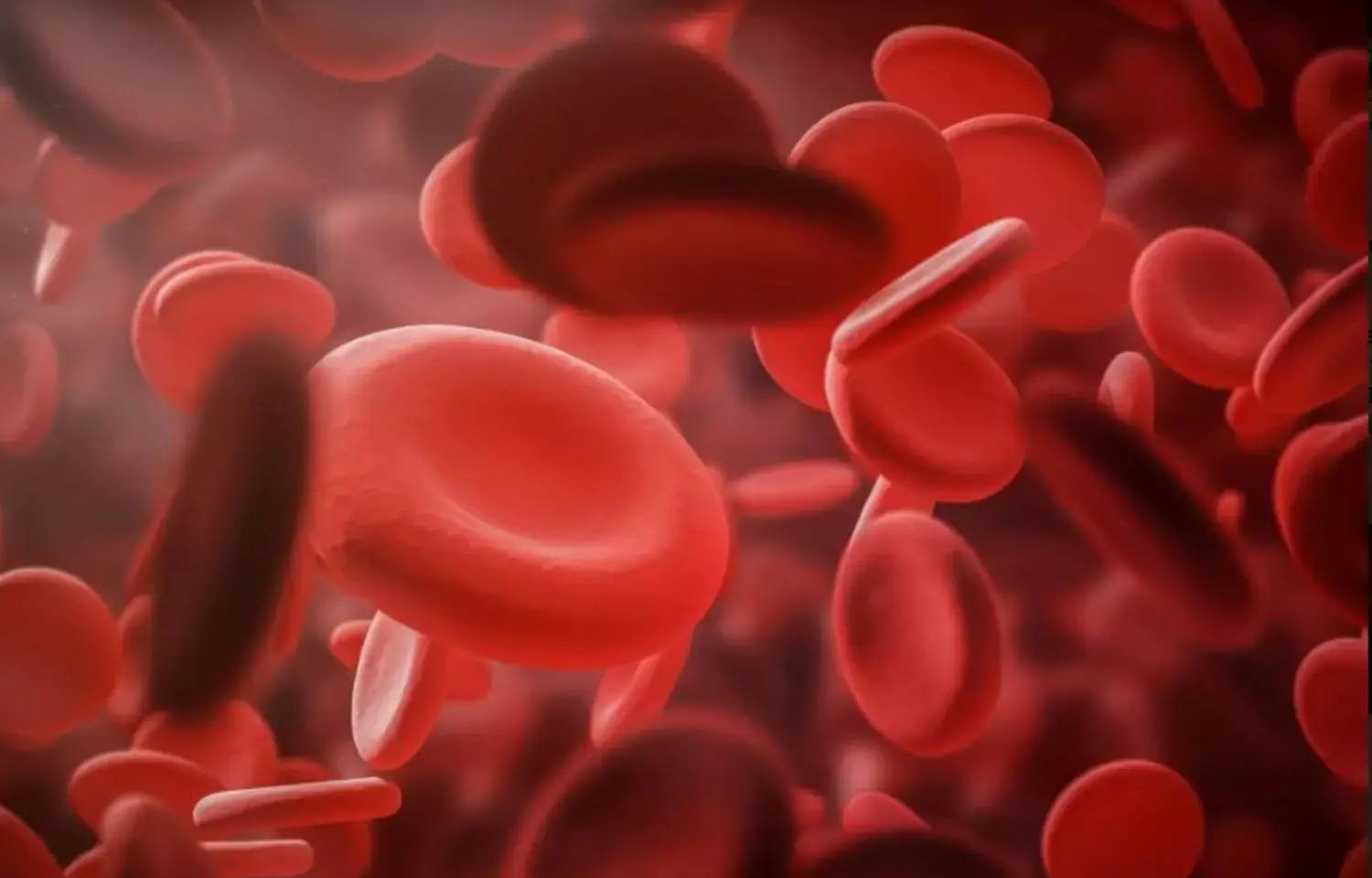- Home
- Medical news & Guidelines
- Anesthesiology
- Cardiology and CTVS
- Critical Care
- Dentistry
- Dermatology
- Diabetes and Endocrinology
- ENT
- Gastroenterology
- Medicine
- Nephrology
- Neurology
- Obstretics-Gynaecology
- Oncology
- Ophthalmology
- Orthopaedics
- Pediatrics-Neonatology
- Psychiatry
- Pulmonology
- Radiology
- Surgery
- Urology
- Laboratory Medicine
- Diet
- Nursing
- Paramedical
- Physiotherapy
- Health news
- Fact Check
- Bone Health Fact Check
- Brain Health Fact Check
- Cancer Related Fact Check
- Child Care Fact Check
- Dental and oral health fact check
- Diabetes and metabolic health fact check
- Diet and Nutrition Fact Check
- Eye and ENT Care Fact Check
- Fitness fact check
- Gut health fact check
- Heart health fact check
- Kidney health fact check
- Medical education fact check
- Men's health fact check
- Respiratory fact check
- Skin and hair care fact check
- Vaccine and Immunization fact check
- Women's health fact check
- AYUSH
- State News
- Andaman and Nicobar Islands
- Andhra Pradesh
- Arunachal Pradesh
- Assam
- Bihar
- Chandigarh
- Chattisgarh
- Dadra and Nagar Haveli
- Daman and Diu
- Delhi
- Goa
- Gujarat
- Haryana
- Himachal Pradesh
- Jammu & Kashmir
- Jharkhand
- Karnataka
- Kerala
- Ladakh
- Lakshadweep
- Madhya Pradesh
- Maharashtra
- Manipur
- Meghalaya
- Mizoram
- Nagaland
- Odisha
- Puducherry
- Punjab
- Rajasthan
- Sikkim
- Tamil Nadu
- Telangana
- Tripura
- Uttar Pradesh
- Uttrakhand
- West Bengal
- Medical Education
- Industry
Covid-19 patients with existing Hemoglobinopathy may have more complications

According to a new study done by Jun Xin Lee and colleagues, clinical presentation and lab results in individuals with hemoglobinopathy and those without were identical. Patients with hemoglobinopathy died at a higher rate than the general population, and those who have underlying cardiovascular or respiratory illnesses should be handled with extra vigilance.
The findings of this study were published in Frontiers of Medicine on 13th October, 2021.
Hemoglobinopathy is a chronic condition in and of itself. Patients with hemoglobinopathy are a distinct group with unique health requirements. Cardiopulmonary comorbidities that develop as a result of the illness are one of the leading causes of death and morbidity in this population. Concerns have been raised about whether this group of patients is more vulnerable to COVID-19 infection and a more severe course of disease due to their immunocompromised status and other comorbidities.
The purpose of this systematic review was to offer an overview of the clinical profile and outcome of COVID-19 infection in hemoglobinopathy patients. COVID-19 mortality rates and predictors were also discovered.
A systematic search was undertaken in five electronic databases (PubMed, Scopus, Web of Science, Embase, and WHO) in accordance with PRISMA principles. COVID-19 database) for publications published between December 1, 2019 and October 31, 2020. We considered all publications that had laboratory-confirmed COVID-19 patients with underlying hemoglobinopathy. The Joanna Briggs Institute (JBI) critical assessment checklists were used to assess methodological quality. This study comprised 31 papers with data on 246 people with hemoglobinopathy.
The key findings of this study are:
1. Clinical symptoms of COVID-19 infection in individuals with hemoglobinopathy were comparable to those seen in the general population.
2. Vaso-occlusive crises occurred in 55.6% of sickle cell disease patients who were infected with COVID-19.
3. The mortality rate from COVID-19 infection was 6.9% in individuals with hemoglobinopathy.
4. After controlling for age, gender, hemoglobinopathy type, and oxygen supplementation, respiratory and cardiovascular comorbidities were found to be significant predictors of death.
5. When compared to the general population, patients with hemoglobinopathy had a greater death risk from COVID-19 infection.
In conclusion, Clinicians who treat COVID-19 patients with underlying hemoglobinopathy should be extremely cautious, especially if other cardiovascular or respiratory comorbidities are present. More large-scale, long-term research is needed to assess the effect and long-term morbidity of COVID-19 infection in hemoglobinopathy patients.
Reference:
Lee JX, Chieng WK, Lau SCD, Tan CE. COVID-19 and hemoglobinopathies: a systematic review of clinical presentations, investigations, and outcomes. Front Med (Lausanne). 2021;8:757510. doi:10.3389/fmed.2021.757510
Medical Dialogues consists of a team of passionate medical/scientific writers, led by doctors and healthcare researchers. Our team efforts to bring you updated and timely news about the important happenings of the medical and healthcare sector. Our editorial team can be reached at editorial@medicaldialogues.in.
Dr Kamal Kant Kohli-MBBS, DTCD- a chest specialist with more than 30 years of practice and a flair for writing clinical articles, Dr Kamal Kant Kohli joined Medical Dialogues as a Chief Editor of Medical News. Besides writing articles, as an editor, he proofreads and verifies all the medical content published on Medical Dialogues including those coming from journals, studies,medical conferences,guidelines etc. Email: drkohli@medicaldialogues.in. Contact no. 011-43720751


